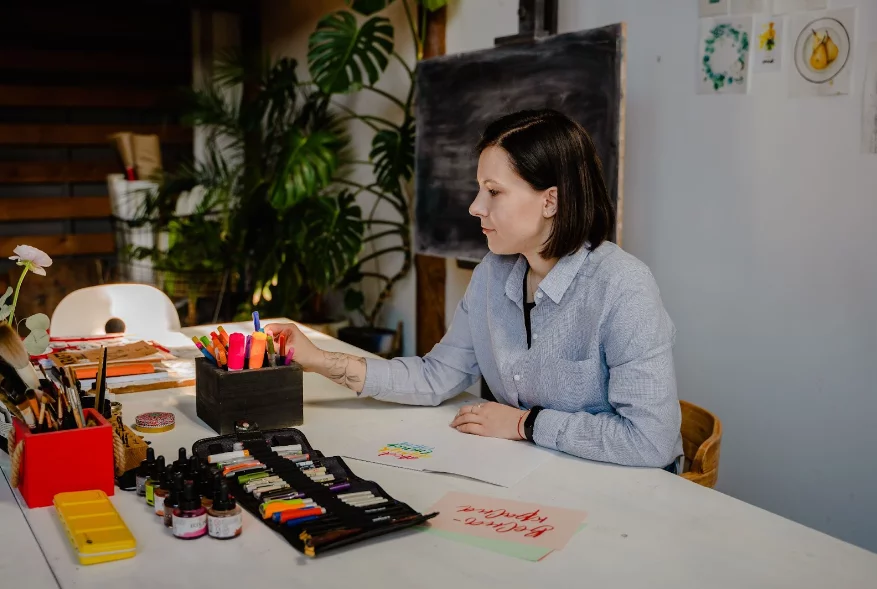
The four primary attachment styles are broad categories: secure, anxious, avoidant and disorganized. These styles are often split further by nuance and complexity with the same general consensus: everyone should be striving for secure attachment.
So when you recognize yourself within one of the insecure attachment types, how do you begin to work against something that seems so innately programmed within you? In our blog today we’ll get into it, with life advice for any attachment style.
Are you ready to learn more about how attachment impacts your life, and get the tips you need to thrive here and now?
What does your attachment style dictate?
Our attachment style finds its root in our primary caregiver relationships when we are young. When we see attachment articles, advice and ideas for adulthood, it seems to always want to talk about your past but what about the present? What you really need to know is: how long will your past follow you, and what does it mean for you right now?
Your attachment style relates to how you connect to and (of course) attach to the world. Securely attached people may see positive impacts of their attachment played out at work, home and through personal growth. For people with more traditionally complex attachment like anxious or avoidant, you may feel defeated about those facets of your life. The truth is your attachment style impacts everything, from who you love to how you work.
Relationships are more than just romantic ones
While your attachment style might make you more likely to thrive or choose toxic partners, that’s not the end of attachment’s impact. There is so much more to the way you attach to your world than romantic love.
Love is, of course, critically important! But your attachment style also informs the way you work, the way you hold on to friendships and how you interact with new ideas and information.
Moving toward security: Growth tips for any attachment style
There are loads of blogs, articles and TikTok videos dishing on attachment these days but have you ever tried to find tips beyond understanding your own attachment style?
At work
In the office, your attachment style might impact how you engage with colleagues and management. You may respond a particular way to criticism or prefer to have more professional conversations because emotional connections in this space make you uncomfortable. Discussions about job security and verbal recognition of a job well done may feel more necessary for you than they do for your coworker. These things can be directly related to your attachment style.

- Consider the relationships you have with your co-workers. For the ones that feel best, take note of what about those interactions makes you feel empowered and seek to emulate those experiences in other office interactions.
- Track your productivity! You can learn a lot about your relationship with task completion through time-tracking your tasks. Some attachment styles may be prone to procrastination but time and task tracking can help empower your reward system before you get behind.
- Do you prefer to work alone or in groups? Aligning your workload with the type of project you feel most empowered in can be a huge boost in confidence no matter your attachment style.
In your friendships
Do you find yourself wishing you could recapture the depth and seeming simplicity of friendship in childhood? While adult friendships often require different boundaries, there are some key tools you can use to recapture the compatibility of those friendships. It’s not just our own preferences that matter in friendships though. You’ll need to call on your inner observer to take note of the attachment needs of your loved ones in order to grow your friendships in a secure way.

- Ask your friends if they know their attachment style! While this tip might seem obvious, talking openly about our self-awareness and emotional depth can be a difficult thing to do. It’s vulnerable to ask but can lead to wonderful revelations.
- During conflict, do a self-check of your impulses. What kind of responses are typical of your attachment style? Consider what you need for comfort in times of conflict and respond inwardly to that need before you do outwardly. Friendships will benefit from this brief reflection ahead of action.
- Lean into your awareness of connection. If you are anxiously attached, you may be more likely to question someone’s commitment to your friendship or their honesty. That might make you feel a little awkward, but lean into that connection and seek spaces where you can trust yourself or grow within the experiences you have naturally.
You do not need to change who you are to be effectively and healthily engaged in attachment in any relationship in your life. Right here and now, you can positively benefit from growth tips that will help you find fulfillment and gratitude in your attachment style across many aspects of your life.
If you’re experiencing substance use difficulties and looking for support with attachment and beyond, call us today. (760) 350-3131

